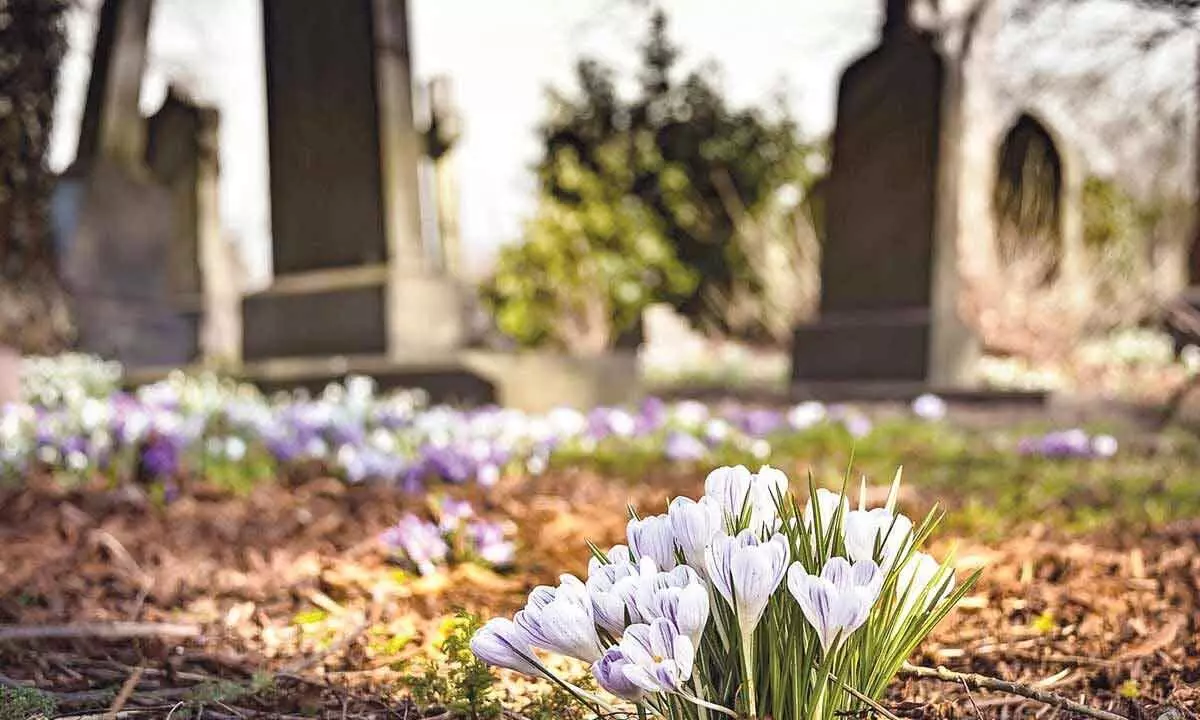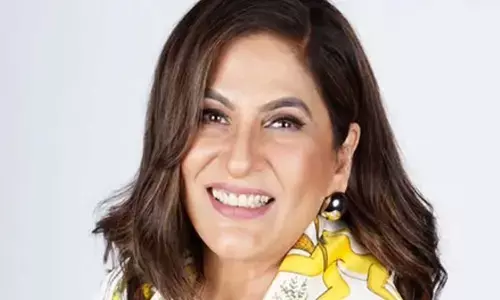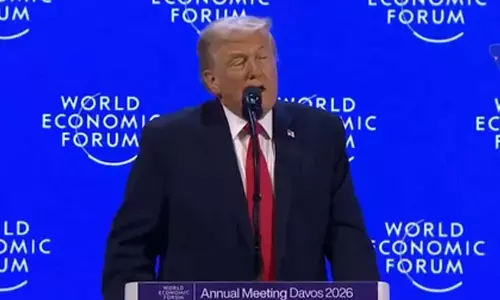Why you should aim for eulogy virtues over resume virtue

What we do for short-term career gain might win us short-term applause, but will be forgotten and wiped out, in the absence of a larger purpose
"Carve your name on hearts, not tombstones. A legacy is etched into the minds of others and the stories they share about you."
– Shannon Alder
In an unrelenting capitalist world, where almost the entire spectrum of human activity is geared towards achievement and clout, it is hard to transcend the concerns of everyday competitiveness. Professional accomplishments are undeniably important and competition often tethers us to a drive for self-improvement. Yet, placing a premium on an achievement-based approach to life has something exceedingly superficial and parochial about it. It is limited to a self-serving, narcissistic, short-term regime of fulfilment and leaves little scope for a legacy to be left behind. Our short-term career achievements might add to an imposing resumé, but might contribute very little to our personhood and the story we shall leave behind.
In his best-selling book, The Road to Character, David Brooks comes up with a most crucial intervention in this regard, distinguishing between resumé virtues and eulogy virtues. He elaborates the self-explanatory terms with insightful details. "It occurred to me that there were two sets of virtues, the résumé virtues and the eulogy virtues. The résumé virtues are the skills you bring to the marketplace. The eulogy virtues are the ones that are talked about at your funeral - whether you were kind, brave, honest or faithful. Were you capable of deep love?
We all know that the eulogy virtues are more important than the résumé ones. But our culture and our educational systems spend more time teaching the skills and strategies you need for career success than the qualities you need to radiate that sort of inner light. Many of us are clearer on how to build an external career than on how to build inner character," David Brooks noted.
One might indeed ask, why should we be committed to eulogy virtues when they result in no quantifiable achievement? What can being capable of bravery, love, honesty and faithfulness bring us? To answer these questions, we must look beyond the utilitarian calculus of returns over investment and think of the impact that investing in your moral, spiritual and personal refinement can create. In fact, achievement can be simultaneous with moral richness, as several extraordinary stories demonstrate.
Consider the journey of Andrew Carnegie, who pioneered the expansion of the American steel industry in the nineteenth century and emerged as one of the richest Americans in history. Born in a lower-class family in Scotland, Carnegie made exceptional contributions to the world he lived in, donating humongous amounts of money after the civil war - a grant of $40,000 to help build a library in his native Dunfermline, and a donation of $50,000 of his money to a hospital college to help teach more nurses and save more lives. During the last eighteen years of his life, he gave away around $350 million, roughly $5.2 billion in 2020, a whopping 90 per cent of his fortune, to charities, foundations and universities, in his self-declared mission "to try to make the world in some way better than you found it". Of course, Carnegie's trajectory might be reduced to his career accomplishments, but what gives it immortal relevance is his nobility and his commitment to giving back to the world.
This is the case for eulogy virtues - what we do for short-term career gain might win us short-term applause, but will be forgotten and wiped out, in the absence of a larger purpose. Focussing on external, superfluous and epidermal sheen can let your human potential lie unexplored, your moral strength enervated and your repository of spiritual fulfilment impoverished. For meaningful steps in your lifetime, as well as the footsteps you leave behind, deep virtuosity has to be privileged over shallow virtues. Love, empathy, generosity, compassion, humility and commitment to purpose are not mere buzzwords. They signify an inner confidence, a cultivated maturity and an applaudable desire to make a difference, they signify a tryst with meaning in an increasingly meaningless world.
The choice is ours to make - do we want to live empty lives with no mission other than short-sighted, self-serving accomplishment, or do we want to live a life that embraces fundamental human growth and an inexhaustible treasure of human capability? The latter is a commitment to earnest fulfilment and a bid to craft an incredible story for yourself, and that endeavour is certainly worthwhile.
(The author is Chief Impact Officer at Recykal Foundation)














